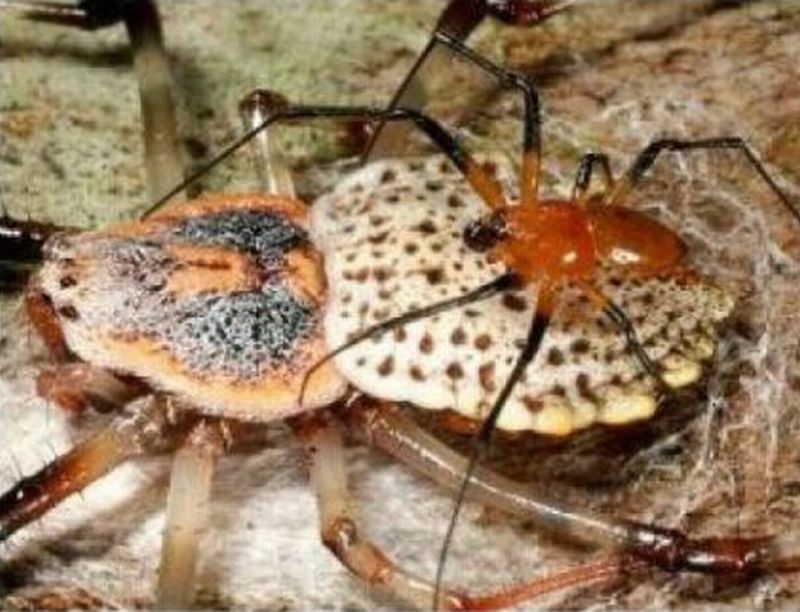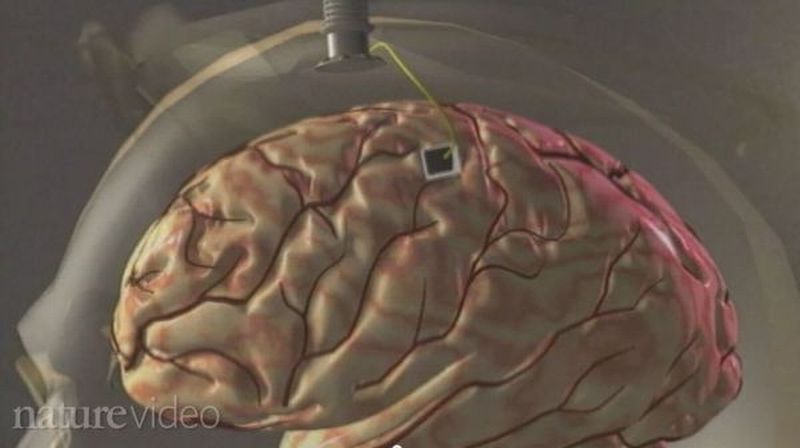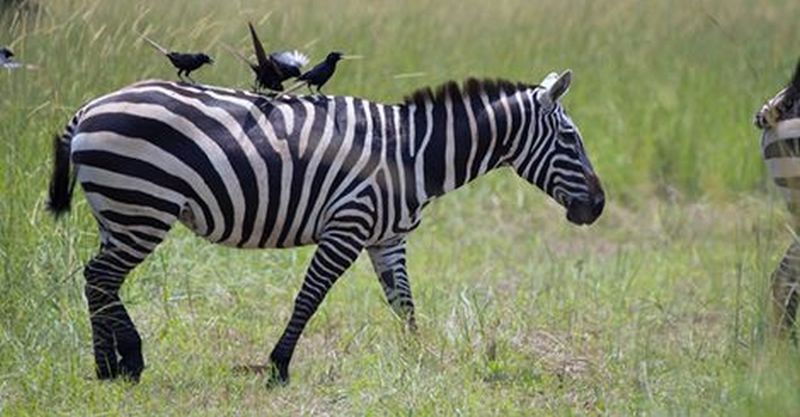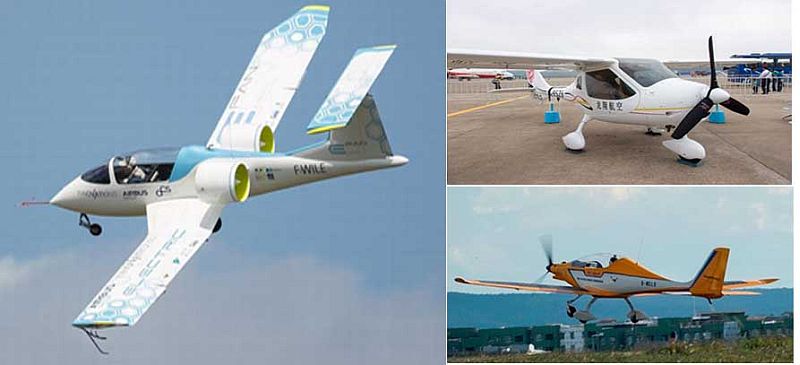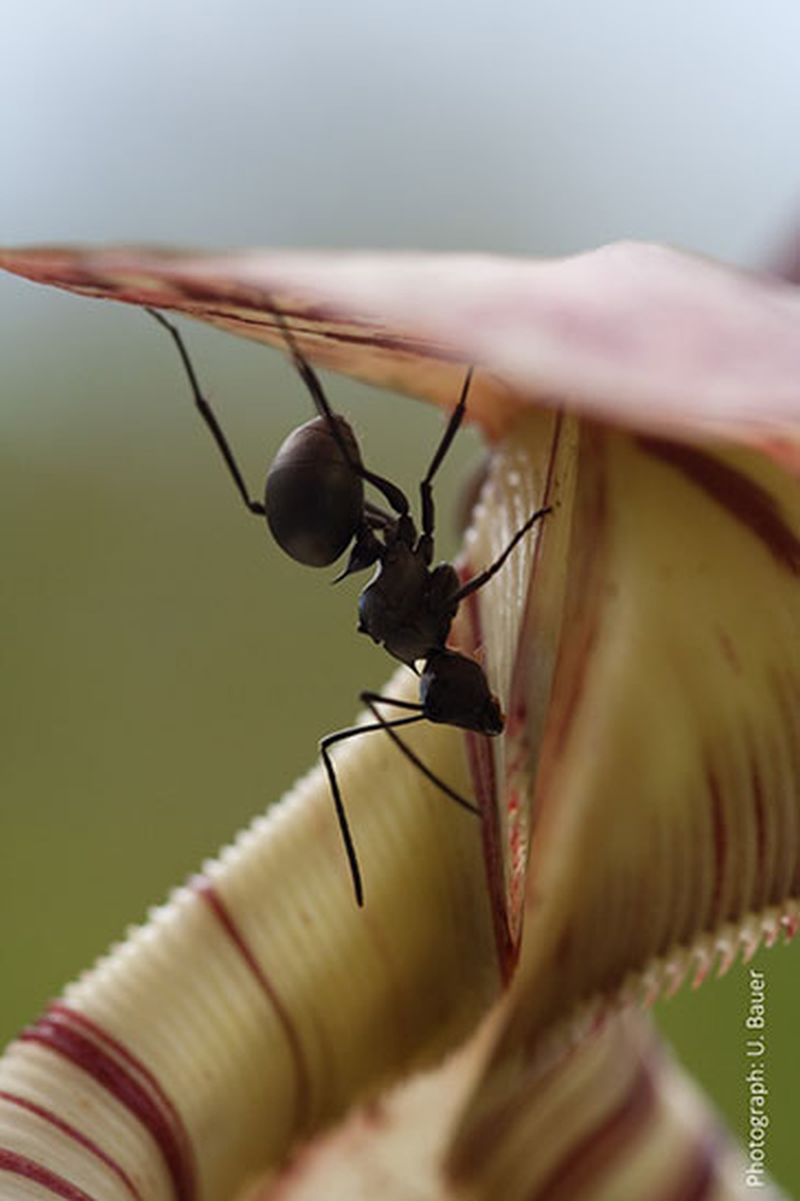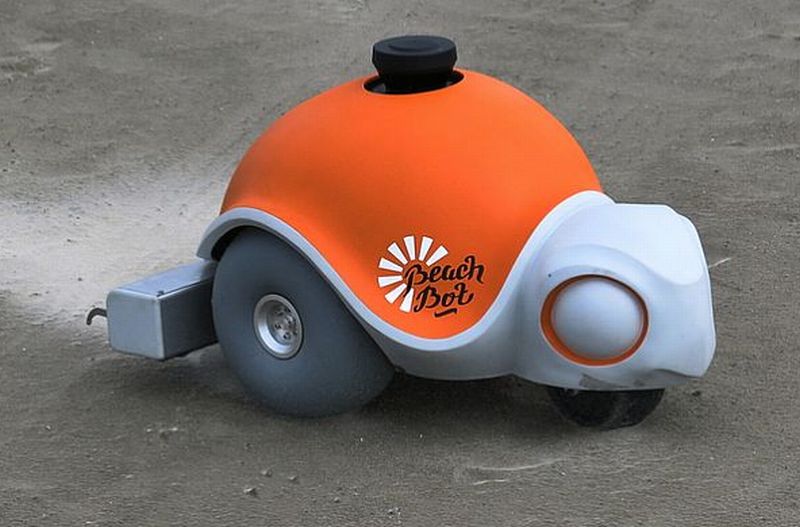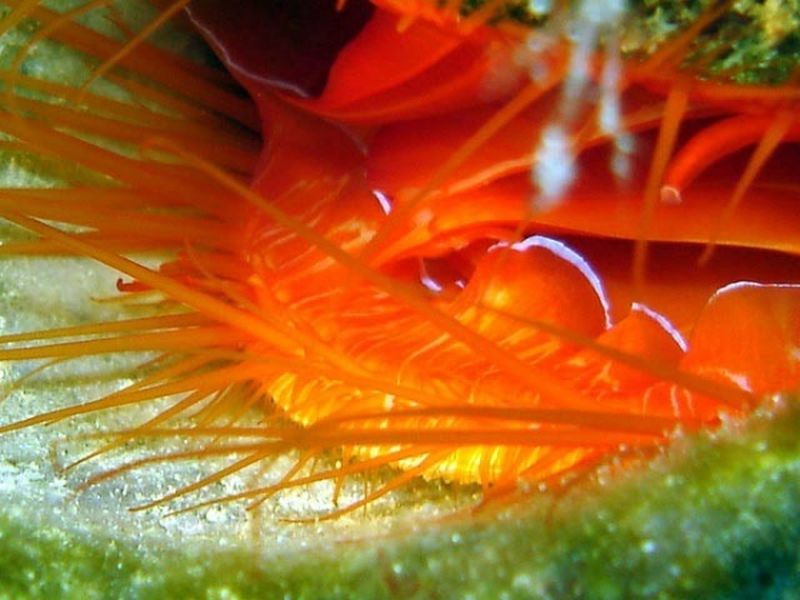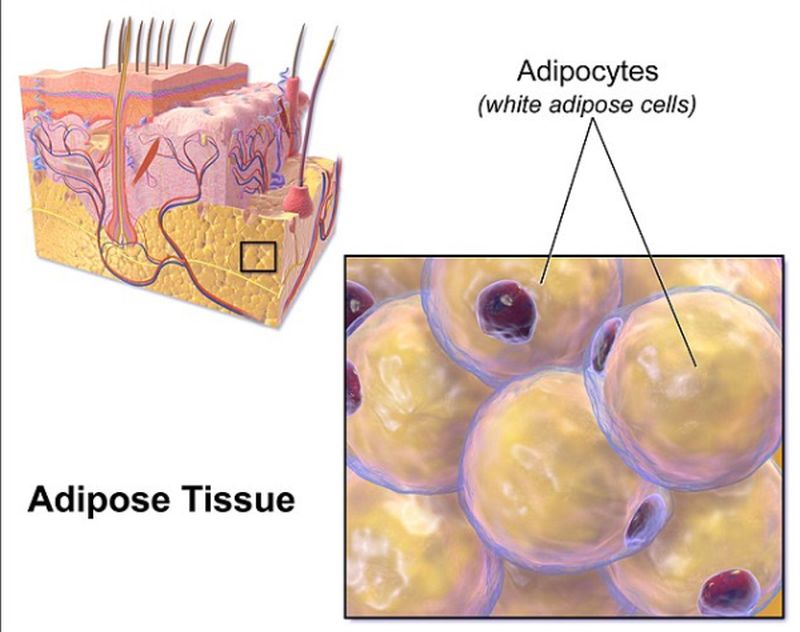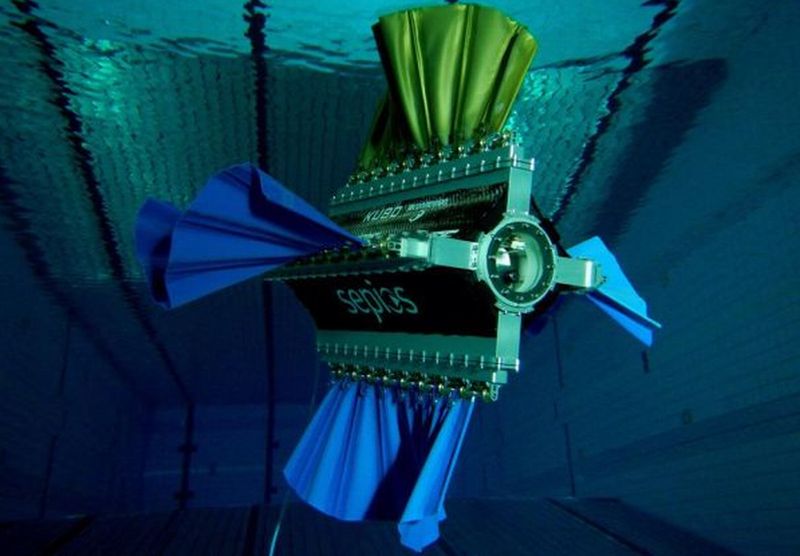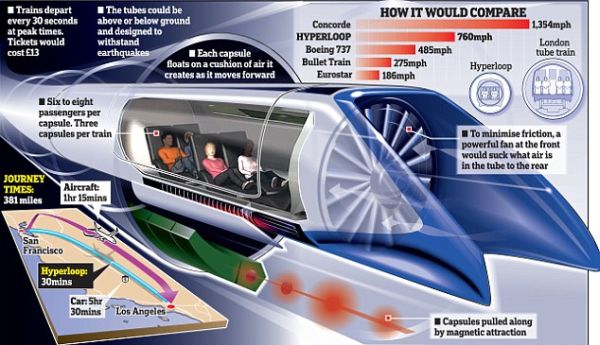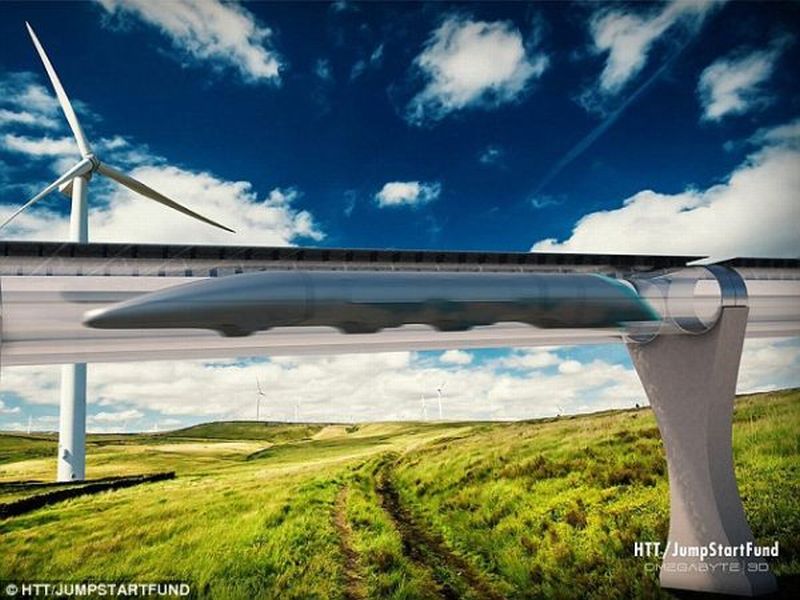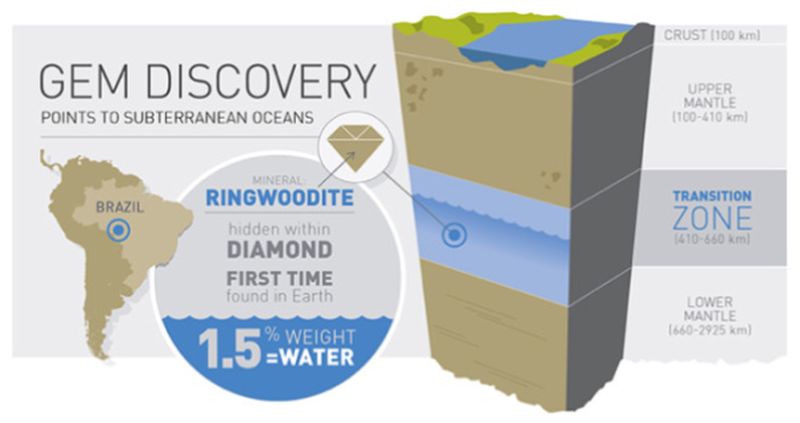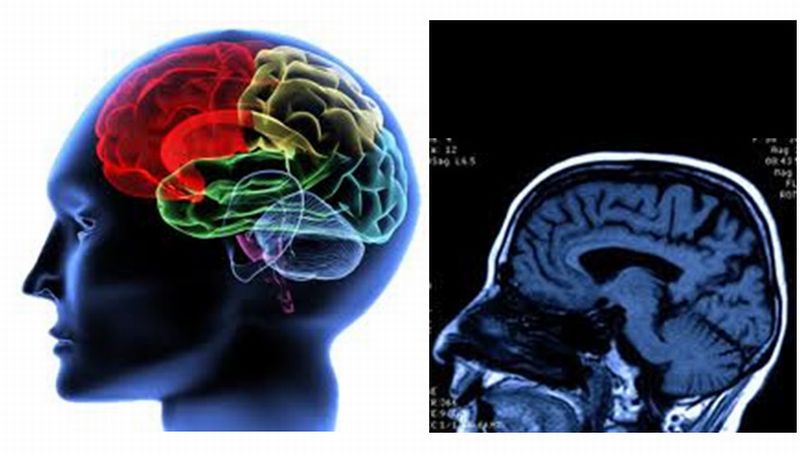A Mexican startup company, Cronology situated in Ecatepec, has designed an innovative environment friendly technology that recycles waste PET bottles into peta paper or mineral paper. The technology claims to conserve around 20 trees from being chopped down and 50,000 liter of precious water on the production of per ton of paper, as they do not need chlorine or water for manufacturing.
Read MoreTag: research
Coin Spiders Self-Emasculate after Mating: Survival of the Genes
Much has been discussed about the cruel phenomenon of sexual cannibalism practiced by the famous black widow spider but not many know about another crazy phenomenon practiced by a male coin spider. These male spiders (Herennia multipuncta) are one of the greatest lovers in the nature. These tiny spiders have the courage to propose a female almost four times its size, which, if hungry rejects the proposal and preferably feeds on the male. However, scientists observed that if the male is lucky enough to woo the female, the male after mating…
Read MoreHead Mounted Wireless System Fabricated: Paralyzed Patients to convey thoughts at the speed of Internet
Now paralyzed patients would soon be conveying their thoughts via remote control manually attached to their skull. Experts at Brown University in collaboration with Blackrock Microsystems, a firm based in Utah have fabricated the wireless device. They claim that the gizmo can be implanted to the skull of a patient and then the thought commands are transmitted by the inbuilt radio system. As per the sources, once it gets clearance from the U.S. Food and Drug Administration, the device would be tested on volunteers, by the end of this year.
Read MoreEvolution of Stripes in Zebras: Complex Mix of Purposes
Why do zebras evolve to sport such black and white, striped coat, has made experts curious. There are many theories that explain the reason behind zebra stripes. One of the theory suggests that these stripes help zebras to camouflage in tall grasses, exceptionally well during dawn or the dusk time. While another one says, the strips assist zebra to escape from the bites of troublesome flies or social cohesion. While the last one advocates that, these stripes create an optical illusion, which dazzles the hunter that eventually misses its target.
Read MoreElectric Planes to serve Training Markets: The New Era of Aviation
Airbus in collaboration with a Chinese aviation manufacturer envisions that the time has come for electric airplanes hitting the mainstream aviation projects including training flights. It’s been quite some time now since electric aviation have been working towards creating electric trainers because of its affordability, cleanliness and vibration-free quality relatively.
Read MorePitcher Plants switch off their Traps for luring more Prey: Exploiting Insects social instincts
Carnivorous vegetation like pitcher plants has adapted to thrive in areas scarce of nutrients. Unlike other plants that derive nutrients from soil, pitcher plants have evolved to derive essential nutrients by gorging on insects trapped in their pitcher like traps. Experts from the University of Cambridge, UK and the University of Bristol, UK, studying the pitcher plants say that the plants are smart enough to plan a strategy to attract more prey into their deadly traps.
Read MoreSeparation from Cell Phone may cause Anxiety & Unpleasantness: Poor cognitive outcome
Today cell phone has become an integral part of human life and imagining a life without such fancy gadgets is impossible. Earlier cell phones were primarily used for communication, but now they have many more applications. This increase dependency on cell phones is no less than an addiction, which is difficult to overcome. To understand what happens when an individual is distanced from its phone, researchers from the University of Missouri conducted a study.
Read MoreBeachBot creates artworks on an Infinitely Reusable Canvas: Robot Artist
Disney Research Zurich in collaboration with ETH Zurich have designed a robot called Beachbot that has the potential of carving impeccable huge sand drawings. Equipped with wi-fi computer, an inertial measurement unit (IMU) and laser scanner, the Beachbot walks effortlessly on sand making paintings. Laser scanner helps it to restrict its canvas boundaries within four poles mounted alongside the area. It also uses laser data and the IMU for its own location while it steers with millimeter accuracy inside the restricted area. Building rake mechanism that would compliment drawing tool…
Read MoreThe Flashing of the Clam Ctenoides ales: Underwater Light Show
Depth of ocean stores many beautiful creatures that are still alien to us. Researchers are baffled to see that even in the deepest and the darkest part of the oceans have different forms of life flourishing. They study the deepest parts of the water to find creatures and to understand how they flourish in such depths of oceans. One such marine organism that caught the attention of underwater divers is ‘disco clam’ (Ctenoides ales, a species of saltwater clam). Native to Indo-Pacific coral reefs, they are named so because they…
Read MoreFats Cells Protect against Bacterial Infections: Body’s Defense Mechanism
Most of us work hard to keep fat at bay from our body, the evil leads to obesity and increased level of cholesterol. However, these fat cells lying under the skin actually safeguard the human body from bacterial invasion. The imperative role of fat cells was discovered by researcher Richard Gallo from UC San Diego School of Medicine and explained the valuable role of fat cells also known as adipocytes. He found that adipocytes synthesis molecules termed as antimicrobial peptides, which fight infections and other pathogens. Apart from adipocytes, previous…
Read MoreSepios the Nautical Robot inspired by Cuttlefish: Biomimicry
The Swiss Federal Institute of Technology (ETH) in Zürich has come up with a robot, movement of which is inspired from cuttlefish. One of its own kind, Sepios is a bot with four orthogonal fins. Peep on the link below and see the undulating fin propulsion from the ETH’s nautical robot:
Read More10 Screenshots from Musk’s Open Source Tube Transport System: The Hyperloop
Elon Musk’s concept of travelling through conduits has started making progress. His research company, Hyperloop Transportation Technologies (HTT) has already gathered over 100 engineers and is working along crowd collaboration approach. Musk, the inventor, engineer and entrepreneur, envisions developing ultra speed, intercity transporter using a low-pressure tube train, which would run at a speed of 760 mph. Each capsule would carry 6-8 passengers and depart after every 30 seconds. As per him, the project, Hyperloop, would touch completion within seven to ten years. Due to his current commitment with SpaceX,…
Read MoreHyperloop is crossing the threshold of a Pipe Dream: Elon Musk’s 760mph Supertube
Last year, Elon Musk, the Tony Stark of our real world when surfaced his futuristic concept of human transportation at the speed of sound via pods, some of the people, who doubted his abilities considered it no more than a figment of imagination, which was far from becoming a reality. However, Musk, the man behind PayPal, Tesla and SpaceX, showed an air of seriousness for his pipe dream. In order to herald a revolution in travel industry, bypassing the traffic and the railroad project, he created a new firm by…
Read MoreGeologic processes in Earth’s Interior responsible for creating Oceans: Geoscientific Mystery
Emergence of water is the best part in the origin of life on the planet Earth. Without water, Earth might not have looked like what it is today, but the question how water first appeared on our Blue Planet is still a mystery. The most popular theory suggests that the collision of enormous icy comets with dry and inhospitable Earth, resulted in deposition of water on the surface.
Read MoreBell’s Palsy is linked with Migraine: Facial Paralysis
Recent study in Migraine, the neurological disease that causes extreme headaches, has surfaced more than it was thought till now. Not only does the killer pain causes nausea, vomiting, and sensitivity to light, sound, or smell, it also leads to weakness or paralysis of the face called Bell’s palsy.
Read More

